Harry and Meghan join AI pioneers in call for ban on superintelligent systems
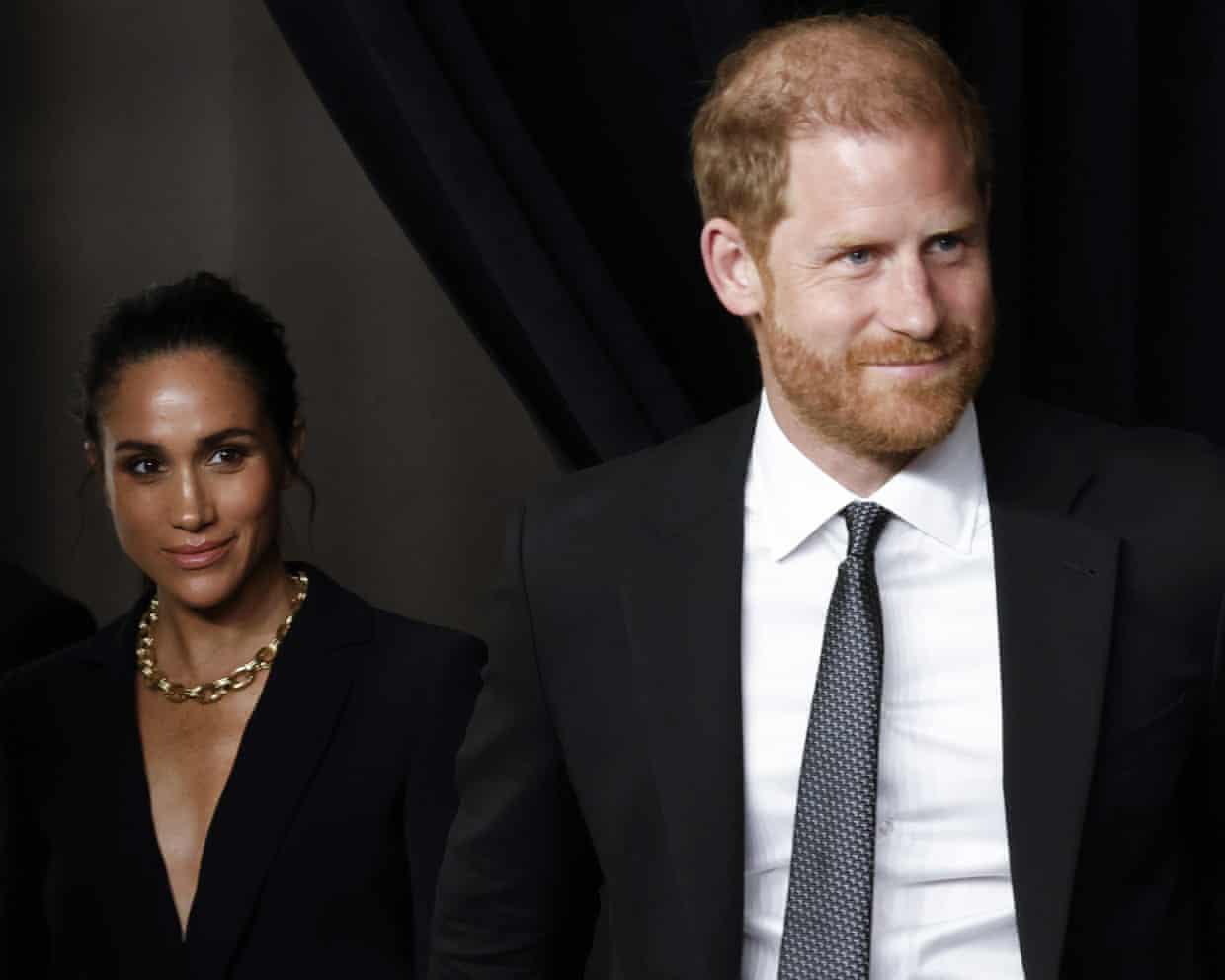
The Duke and Duchess of Sussex have joined artificial intelligence pioneers and Nobel laureates in calling for a ban on developing superintelligent AI systems.Harry and Meghan are among the signatories of a statement calling for “a prohibition on the development of superintelligence”.Artificial superintelligence (ASI) is the term for AI systems, yet to be developed, that exceed human levels of intelligence at all cognitive tasks.The statement calls for the ban to stay in place until there is “broad scientific consensus” on developing ASI “safely and controllably” and once there is “strong public buy-in”.It has also been signed by the AI pioneer and Nobel laureate Geoffrey Hinton, along with his fellow “godfather” of modern AI, Yoshua Bengio; the Apple co-founder Steve Wozniak; the UK entrepreneur Richard Branson; Susan Rice, a former US national security adviser under Barack Obama; the former Irish president Mary Robinson, and the British author and broadcaster Stephen Fry.
Other Nobel laureates who signed include Beatrice Fihn, Frank Wilczek, John C Mather, and Daron Acemoğlu.The statement, targeted at governments, tech firms and lawmakers, was organised by the Future of Life Institute (FLI), a US-based AI safety group that called for a hiatus in developing powerful AI systems in 2023, soon after the emergence of ChatGPT made AI a political and public talking point around the world.In July, Mark Zuckerberg, the chief executive of the Facebook parent Meta, one of the big AI developers in the US, said development of superintelligence was “now in sight”.However, some experts have said talk of ASI reflects competitive positioning among tech companies spending hundreds of billions of dollars on AI this year alone, rather than the sector being close to achieving any technical breakthroughs.Nonetheless, FLI says the prospect of ASI being achieved “in the coming decade” carries a host of threats ranging from taking all human jobs to losses of civil liberties, exposing countries to national security risks and even threatening humanity with extinction.
Existential fears about AI focus on the potential ability of a system to evade human control and safety guidelines and trigger actions contrary to human interests,FLI released a US national poll showing that approximately three-quarters of Americans want robust regulation on advanced AI, with six out 10 believing that superhuman AI should not be made until it is proven safe or controllable,The survey of 2,000 US adults added that only 5% supported the status quo of fast, unregulated development,Sign up to TechScapeA weekly dive in to how technology is shaping our livesafter newsletter promotionThe leading AI companies in the US, including the ChatGPT developer OpenAI and Google, have made the development of artificial general intelligence – the theoretical state where AI matches human levels of intelligence at most cognitive tasks – an explicit goal of their work,Although this is one notch below ASI, some experts also warn it could carry an existential risk by, for instance, being able to improve itself towards reaching superintelligent levels, while also carrying an implicit threat for the modern labour market.

UK inflation unexpectedly remains at 3.8% for third month in a row
UK inflation was unchanged last month at 3.8%, confounding expectations of a rise, in welcome news for the chancellor, Rachel Reeves, as she plans for her crucial budget next month.The Office for National Statistics said that inflation measured on the consumer prices index remained at the same level in September as in August and July.City expectations had pointed to a 4% reading but the ONS said upward pressure from transport prices was offset by slightly cheaper food and a slowdown in inflation for “recreation and culture”, including live music tickets.The September reading raised hopes that the Bank of England could cut interest rates sooner than previously expected, with markets moving their bets for the first full quarter-point reduction from March to February next year

UK inflation stays at 3.8% as food price rises slow for first time since March – as it happened
Our top story: UK inflation was unchanged last month at 3.8%, confounding expectations of a rise, in welcome news for the chancellor, Rachel Reeves, as she plans for her crucial budget next month.The Office for National Statistics (ONS) said that inflation measured on the consumer prices index remained at the same level in September as in August and July.City expectations had pointed to a 4% reading but the ONS said upward pressure from transport prices was offset by cheaper food and a slowdown in inflation for “recreation and culture”, including live music tickets.It was the 12th month in a row CPI remained above the government’s 2% target, however
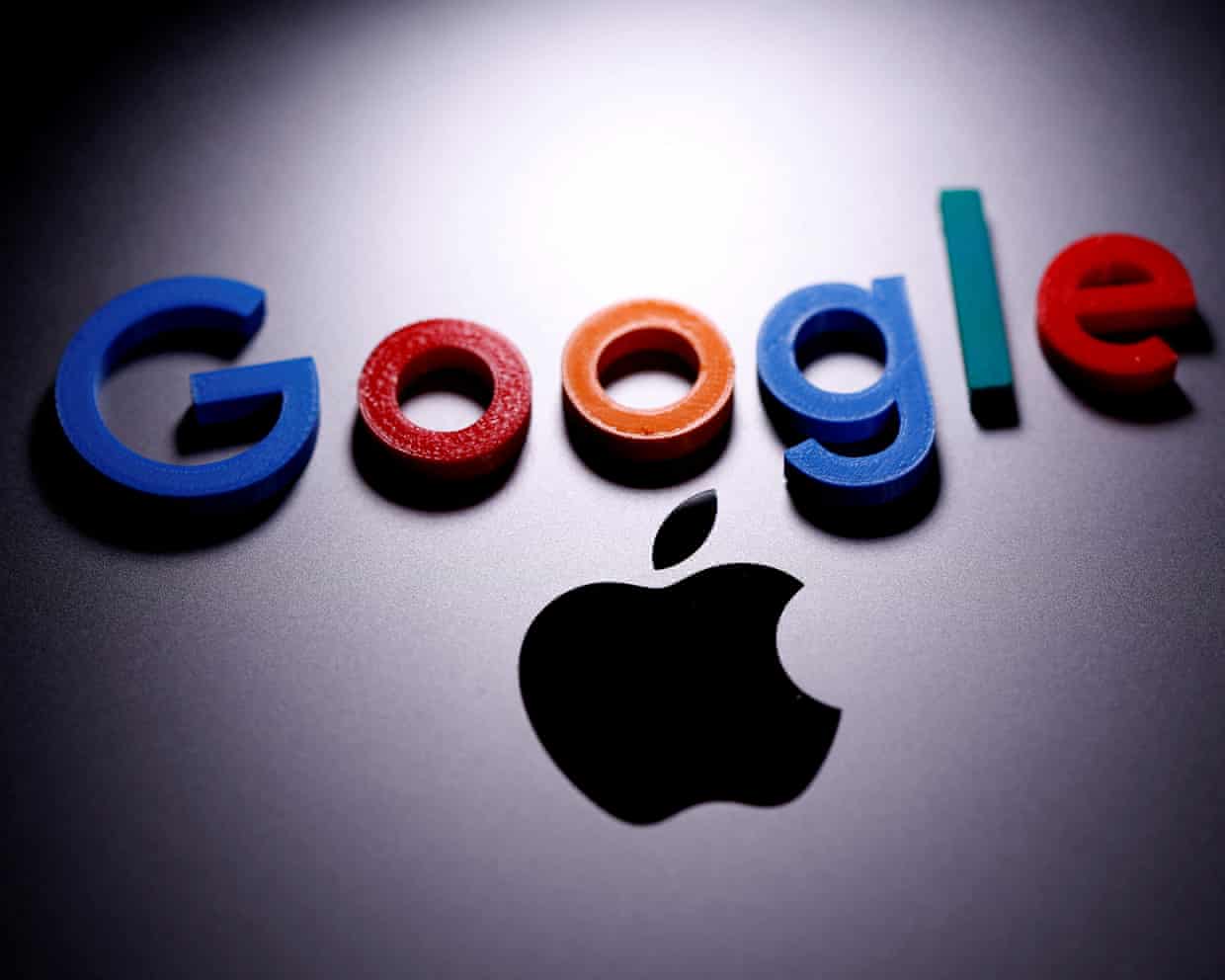
Apple and Google face enforced changes over UK mobile phone dominance
Google and Apple face enforced changes to how they operate their mobile phone platforms, after the UK’s competition watchdog ruled the companies require tougher regulatory oversight.The Competition and Markets Authority has conferred “strategic market status” (SMS) on the tech firms after investigating their mobile operating systems, app stores and browsers. It means Apple and Google will be subjected to tailormade guidelines to regulate their behaviour in the mobile market.The CMA said the two companies have “substantial, entrenched” market power, with UK mobile phone owners using either Google or Apple’s platforms and unlikely to switch between them. The regulator flagged the importance of their platforms to the UK economy and said they could be a bottleneck for businesses

Google hails breakthrough as quantum computer surpasses ability of supercomputers
Google has claimed a breakthrough in quantum computing after developing an algorithm that performed a task beyond the capabilities of conventional computers.The algorithm, a set of instructions guiding the operation of a quantum computer, was able to compute the structure of a molecule – which paves the way for major discoveries in areas such as medicine and materials science.Google acknowledged, however, that real-world use of quantum computers remained years away.“This is the first time in history that any quantum computer has successfully run a verifiable algorithm that surpasses the ability of supercomputers,” Google said in a blogpost. “This repeatable, beyond-classical computation is the basis for scalable verification, bringing quantum computers closer to becoming tools for practical applications

Australia bring back bad memories for England at Women’s World Cup
Ever get the feeling of deja vu? In Indore on Wednesday, Australia took up where they had left off at the MCG in January: Alana King bowled unplayable balls, Annabel Sutherland and Ash Gardner piled on the runs, and one side left the other for dust. It is the World Cup instead of the Ashes, but the result – a six-wicket win for Australia, with 57 balls to spare – was horribly familiar.Sutherland’s contribution to this World Cup had been limited to merely being the leading wicket-taker. On Wednesday, she again showcased her variations, getting a hint of away movement to clip the top of Amy Jones’s off stump, before removing Tammy Beaumont and Emma Lamb with her slower ball. Her three for 60, and a 10-over spell from King that went for 20, ensured that England put just 244 on the board
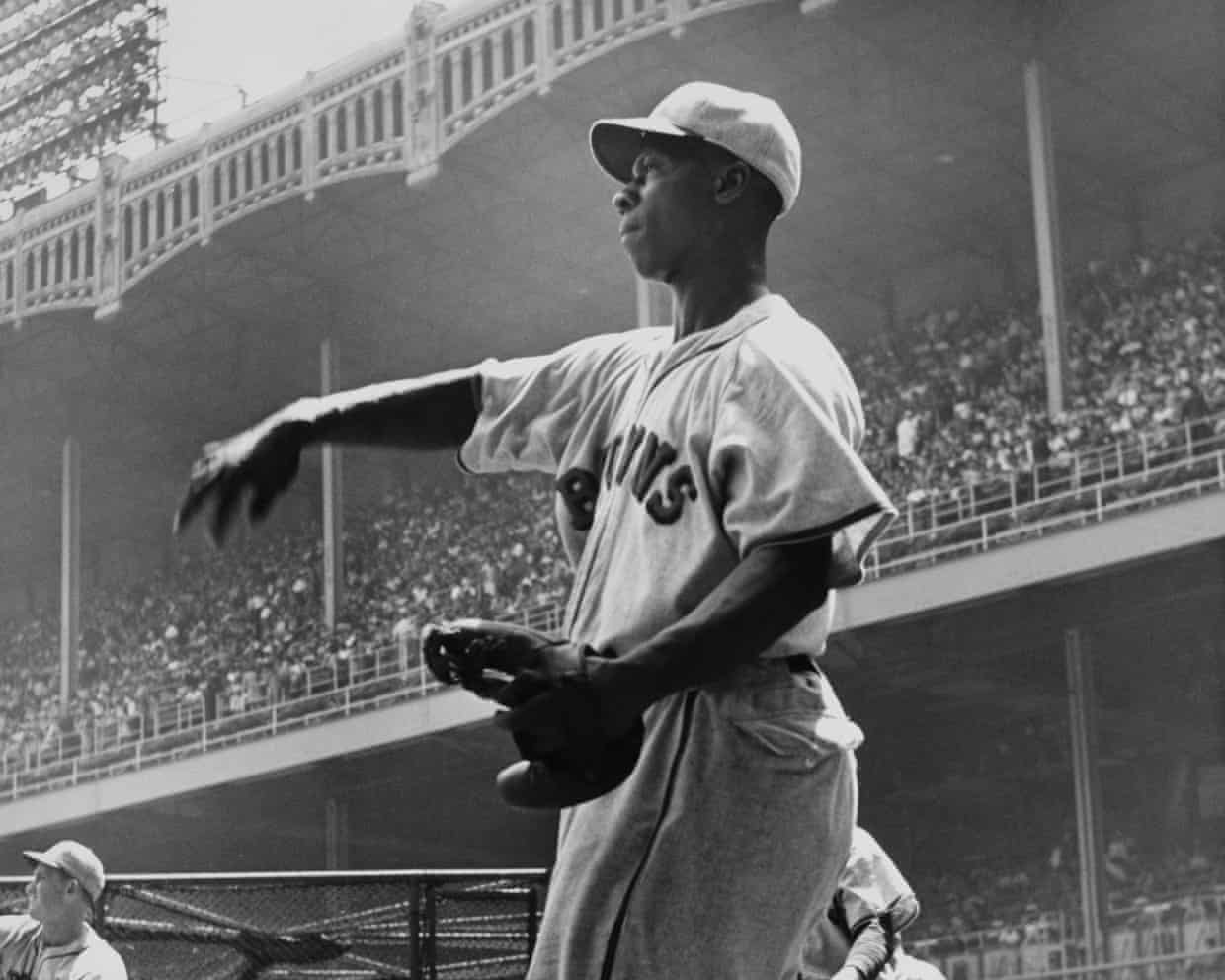
The forgotten story of the US soldiers who integrated baseball before Jackie Robinson
Far from the diamonds of America, a little-known chapter of the journey toward integrating baseball was taking place in war-ravaged Europe just over 80 years ago.It took place at a tournament held to entertain soldiers in the months after the end of the second world war. The team who won the GI World Series in September 1945 were unlike any of the other competitors: they had an integrated roster, including two stars from the Negro Leagues: Willard Brown and Leon Day.“They are two legendary players who have not gotten their just due,” says Bob Kendrick, president of the Negro Leagues Baseball Museum. “People just don’t know about the team that won a GI championship

iPhone 17 review: the Apple smartphone to get this year

Harry and Meghan join AI pioneers in call for ban on superintelligent systems
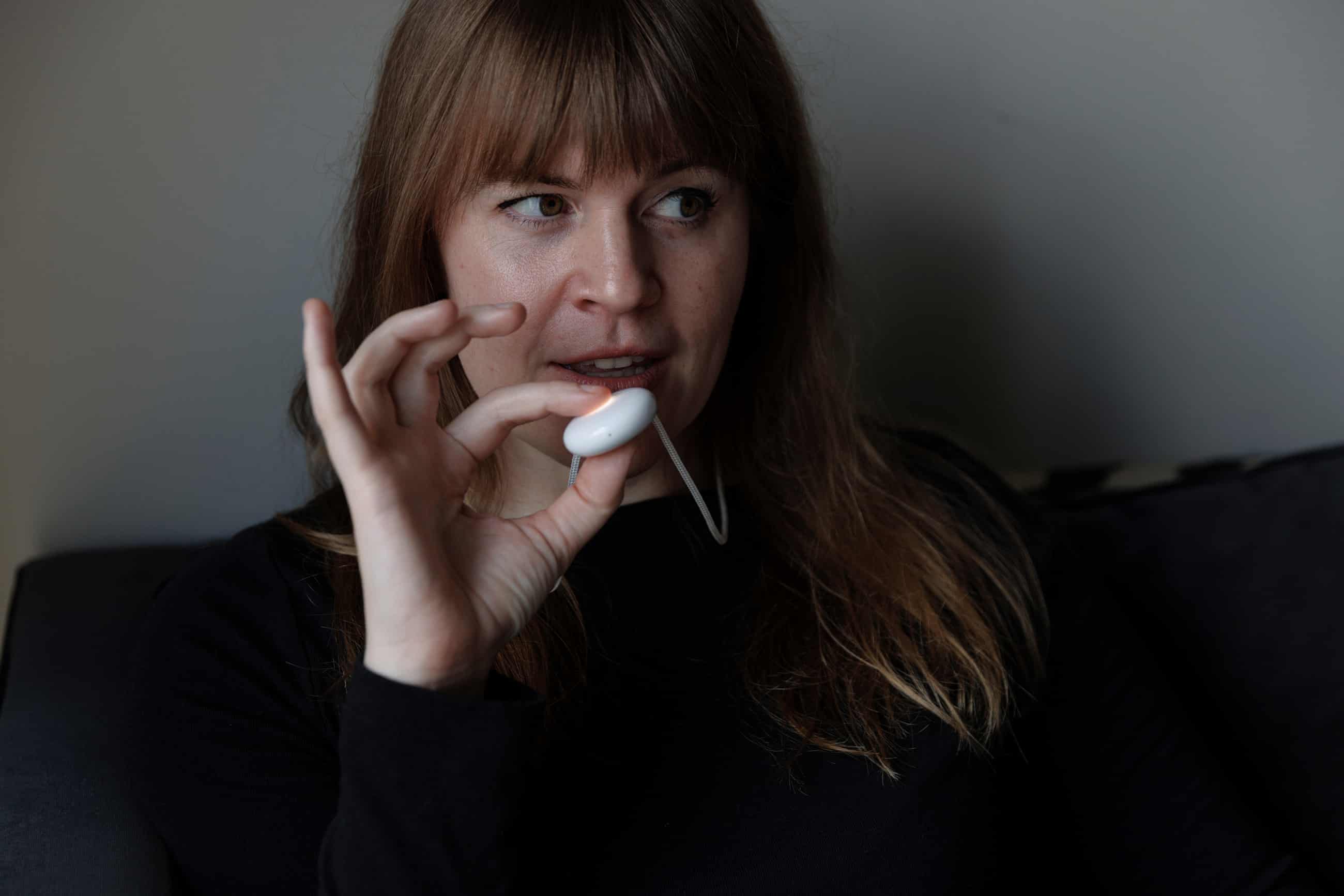
‘I’m suddenly so angry!’ My strange, unnerving week with an AI ‘friend’
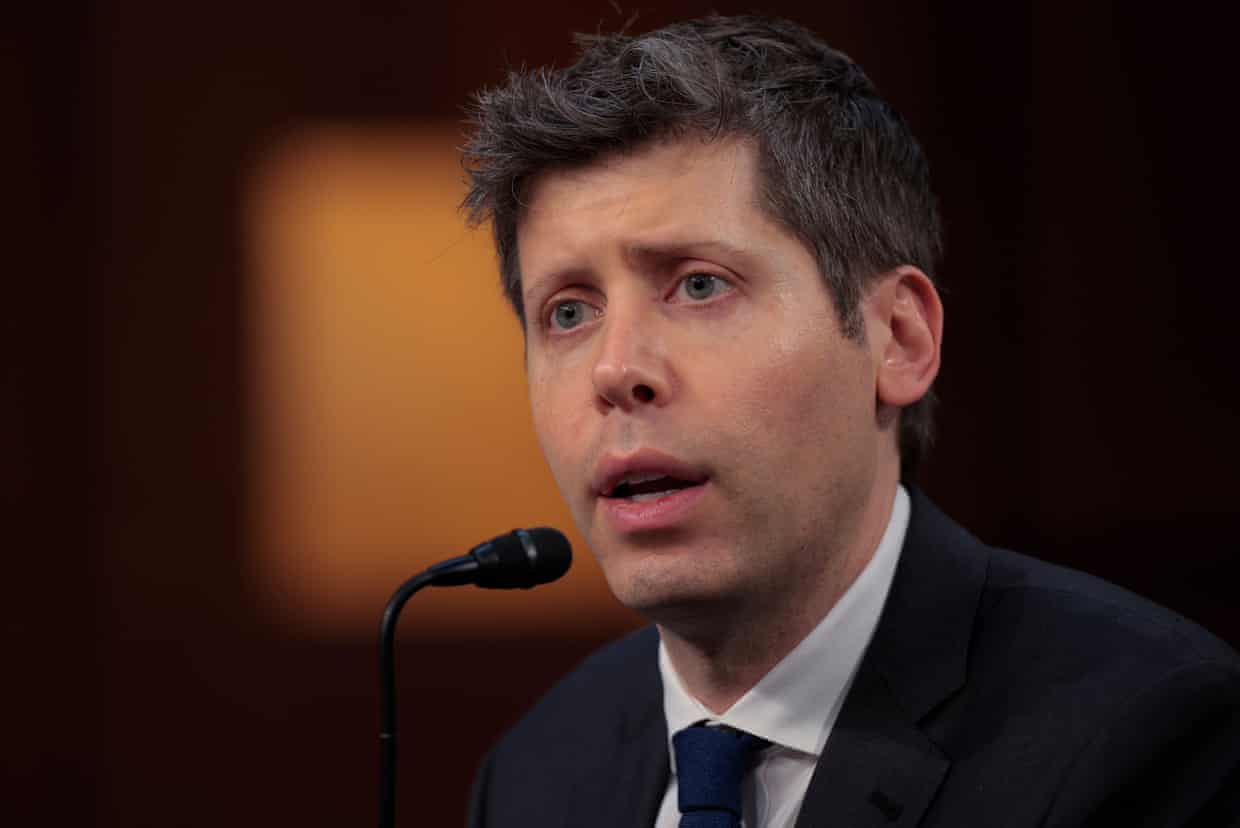
ChatGPT Atlas: OpenAI launches web browser centered around its chatbot

‘Significant exposure’: Amazon Web Services outage exposed UK state’s £1.7bn reliance on tech giant

Salesforce’s CEO backtracks after saying Trump should send troops into San Francisco